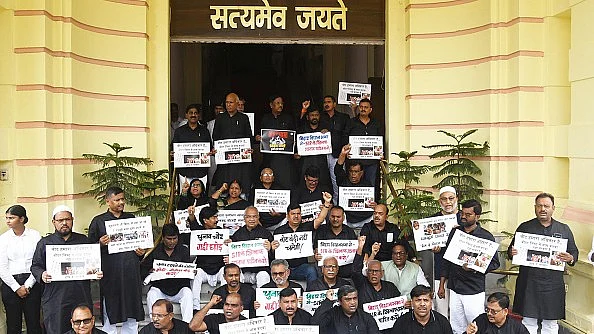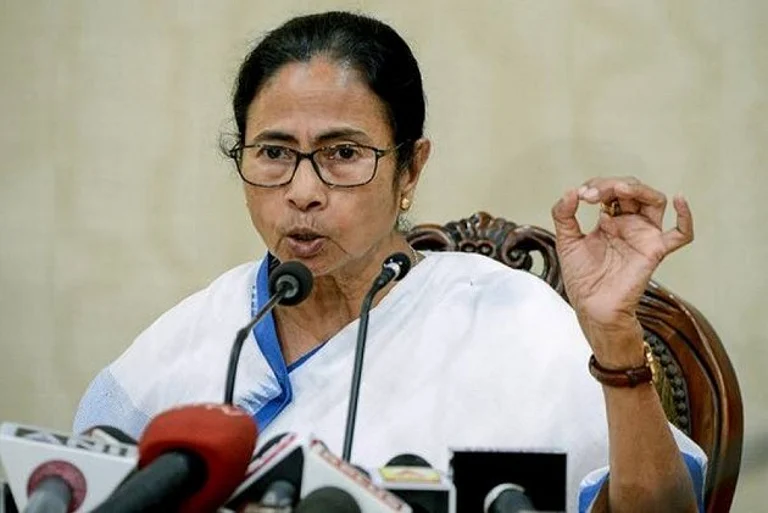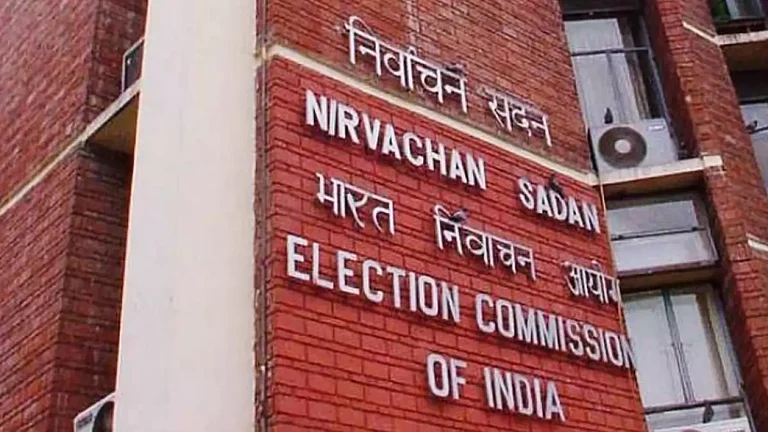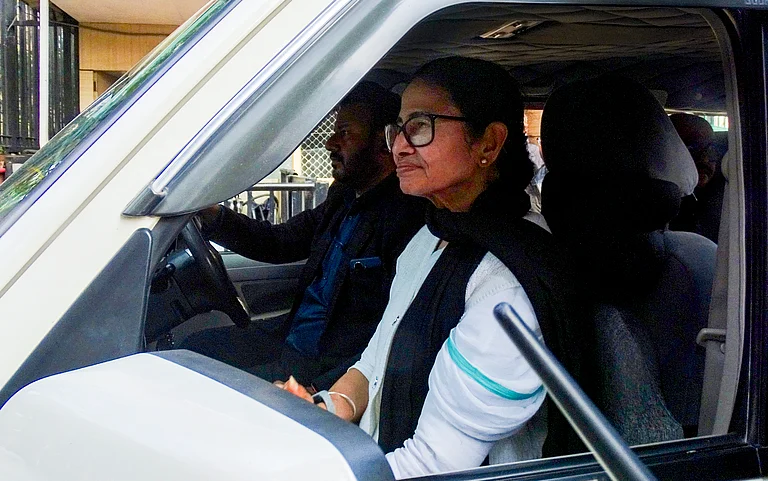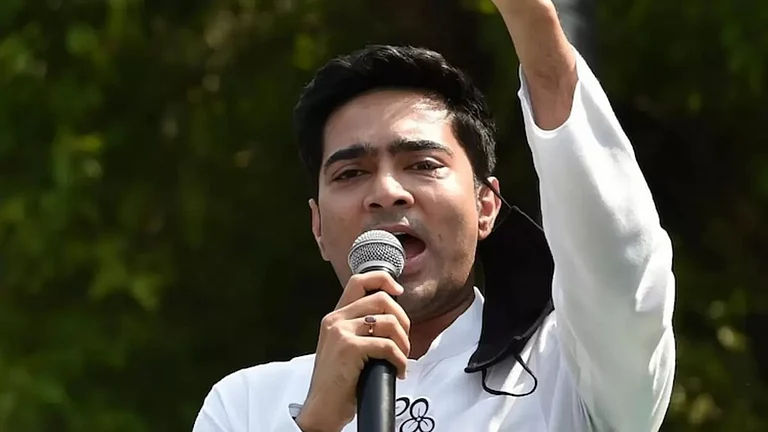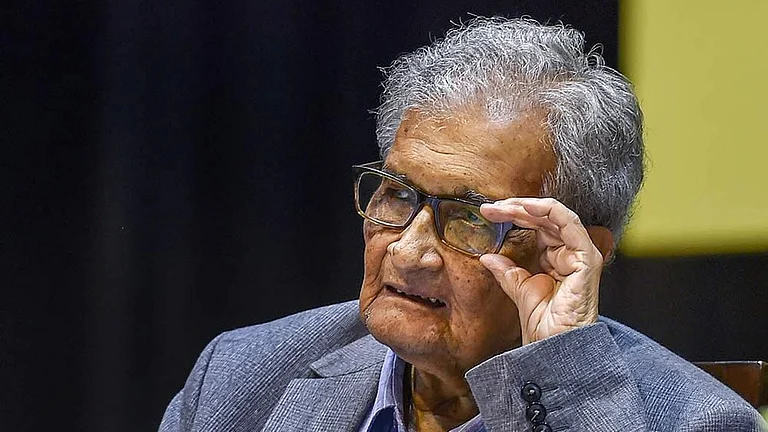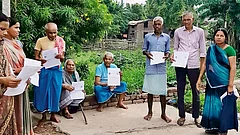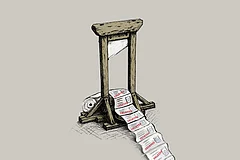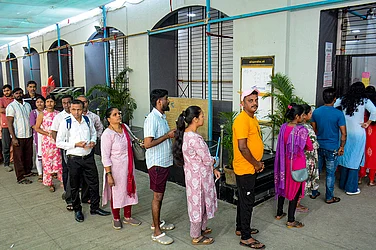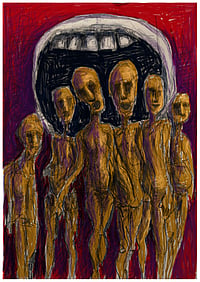
Election Commission of India must be above political influence.
Special Intensive Revision risks disenfranchising vulnerable communities
It also risks undermining trust in the ECI as an institution and weakening faith in the democratic process.
Recently I wrote a letter on behalf of the first Chief Election Commissioner (CEC) of India to the present one, citing the challenges the first CEC had faced while conducting the first general elections in 1951-52 when the republic was still nascent, scarred by the Partition, burdened by illiteracy, and unfamiliar with the idea of universal adult franchise. Yet, the Indian people reposed an unshakeable faith in the electoral process because they believed that the institution conducting it would act with fairness, firmness and full independence from the Executive of the day.
The Election Commission of India (ECI), as a body created by the Constitution, is entrusted with the responsibility of protecting the sanctity of democracy. It is supposed to be the custodian of free and fair elections, a role central to the very basics of the constitutional scheme. The ECI is not just another administrative authority. It was envisioned by the creators of the Constitution as the sentinel of Indian democracy, the institution that would stand above politics and protect the sanctity of the people’s mandate. Its legitimacy comes not from the government of the day but from the Constitution itself, and from the millions of citizens who trust that their vote will be counted, without fear or favour. The right to vote is not the government’s gift to citizens. It is the people’s birthright, secured by the Constitution. No institution, not even the ECI, has the authority to diminish it.
However, when the same institution, through mechanisms such as Special Intensive Revision (SIR) of electoral rolls, begins to operate in a way that appears exclusionary, partisan, or opaque, it undermines the very foundations it was created to defend. Besides, other collateral damage erodes the faith of the voters in an institution which was created to uphold the trust of the people.
The Current Crisis: Bihar Electoral Rolls Revision
Today, that faith must not be shaken because recent reports emerging from Bihar regarding the ongoing intensive revision of electoral rolls are deeply troubling. People with ears closer to the ground are reporting that crores of people are besieged with anxiety of exclusion from a process that is close to their hearts. SIR, while designed as a corrective exercise to update electoral rolls, has become a tool that disproportionately affects vulnerable and marginalised communities by deleting or questioning their names. Instead of widening the democratic base, it narrows it, leading to disenfranchisement rather than empowerment.
Recent reports emerging from Bihar regarding the ongoing intensive revision of electoral rolls are deeply troubling.
We hear reports from across the state of the poor, the landless, tribals, migrant workers, minorities and Opposition strongholds witnessing a suspiciously high number of deletions from the electoral rolls. Citizens who have voted for decades suddenly find their names missing from the rolls on polling day. Families discover that some members are retained while others are struck off. For many, the right to vote, the most basic constitutional guarantee, disappears without explanation or a reasonable remedy. It is the silent violence of bureaucracy being weaponised, dictated by the people who occupy the uppermost echelons of power. This is evident in the commission pressing for demands of ‘select documents’ in a state which is considered to be one of the most document-deficient ones.
An SIR, carried out without transparency, accountability, or public scrutiny, ceases to be a corrective measure and instead becomes an instrument of exclusion. The disenfranchised are rarely the privileged or the powerful. They are the people in the margins; precisely the citizens whose voices need protection in a democracy as envisioned by the framers of our Constitution.
Constitutional Violations and Democratic Erosion
A democracy where citizens must fight simply to remain on the electoral rolls is a democracy in decline. Every deletion without due process is not merely a clerical error; it is a theft of sovereignty from the people. Every manipulated revision is a blow to the constitutional compact between citizen and State. And every time the commission fails to answer hard questions, it chips away at the credibility of elections themselves.
Yet, today, that trust stands shaken. The tragedy lies in the irony. The commission, created as a guardian of the Constitution, is now complicit in eroding it. By aligning its practices, whether through deliberate design or abdication of duty, with the interests of those in power, it undermines its own independence. By presiding over processes that narrow democratic participation, it betrays the very idea of universal adult suffrage, which was among the most radical promises of the Constitution.
The numerical reality of this institutional collapse is as stark as it is undeniable. The latest five-state Lokniti-CSDS survey reveals that a little less than one-third of the voters now express ‘great’ confidence in the ECI, while the percentage of people who have ‘no trust’ in the institution is rising sharply. The proportion of people who expressed ‘high trust’ in the commission is also reducing. This precipitous decline in institutional credibility finds resonance in the Varieties of Democracy (V-Dem) project’s damning assessment of Indian democracy itself. The 2024 Democracy Report reveals India’s decline to ‘electoral autocracy’. The country also found itself listed among the top 10 standalone autocratisers in 2023.
When the very institution meant to safeguard electoral integrity becomes complicit in its erosion, and when international democracy indices document India’s systematic slide toward electoral autocracy, the convergence of empirical evidence and lived experience tells a story that no amount of institutional defensiveness can obscure—the ECI’s credibility crisis is not merely a perception problem but a constitutional emergency that strikes at the heart of democratic legitimacy itself.
This is not about who wins or loses in the next election in Bihar. It is about whether the ECI still has the moral courage to be the independent institution the Constitution intended it to be. The warning is stark: if the commission continues down this path, it will be remembered not as the custodian of Indian democracy but as the collaborator that handed it over to or succumbed to authoritarian pressures.
Citizens must demand accountability now, because if the franchise itself is hollowed out, everything else that rests upon it—Parliament, representation, democracy—will crumble as well. Do we want a hollowed and compromised democracy?
(Views expressed are personal)
MORE FROM THIS ISSUE
Manoj Kumar Jha is a Rashtriya Janata Dal Rajya Sabha MP and the author of In Praise of Coalition Politics and Other Essays on Indian Democracy.
Democracy is about ballots, but also about memory—who safeguards both, and who seeks to rewrite them? Outlook’s September 11, 2025 issue probes these erasures—of voters, voices, and histories—asking what they mean for India’s democratic future. This article appeared in print as 'How Free And Fair?'






